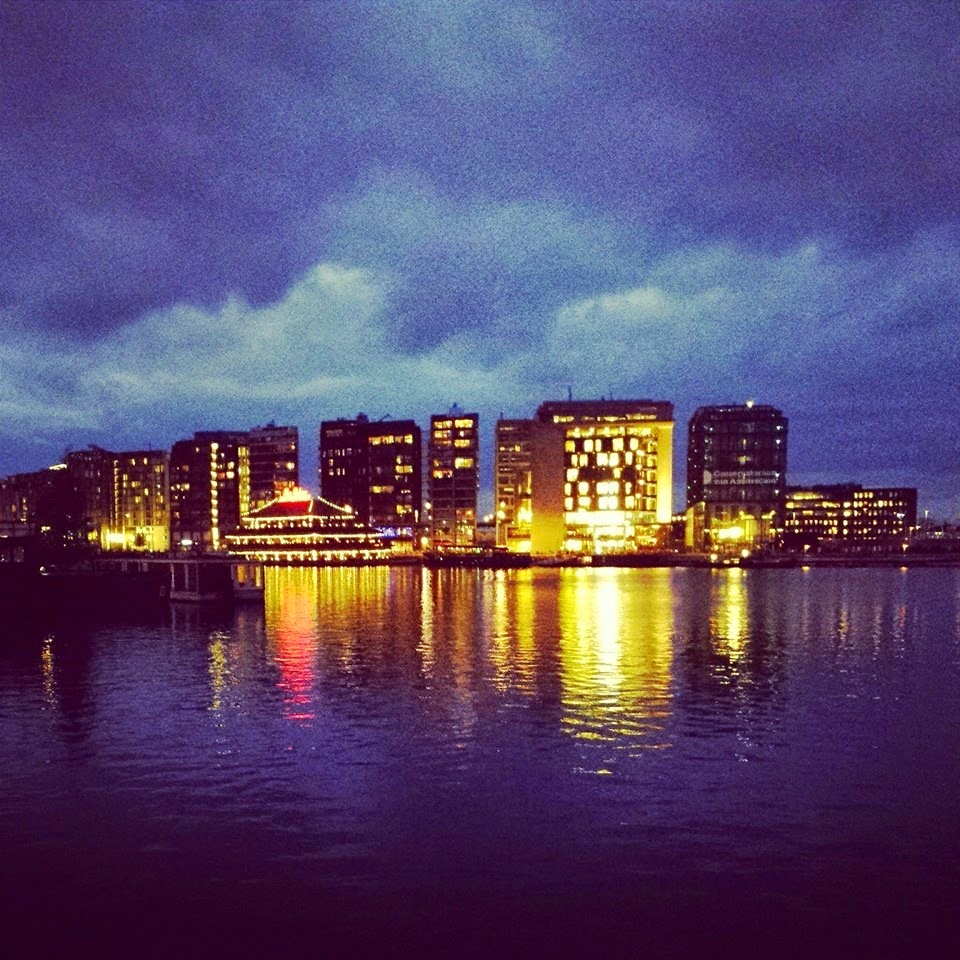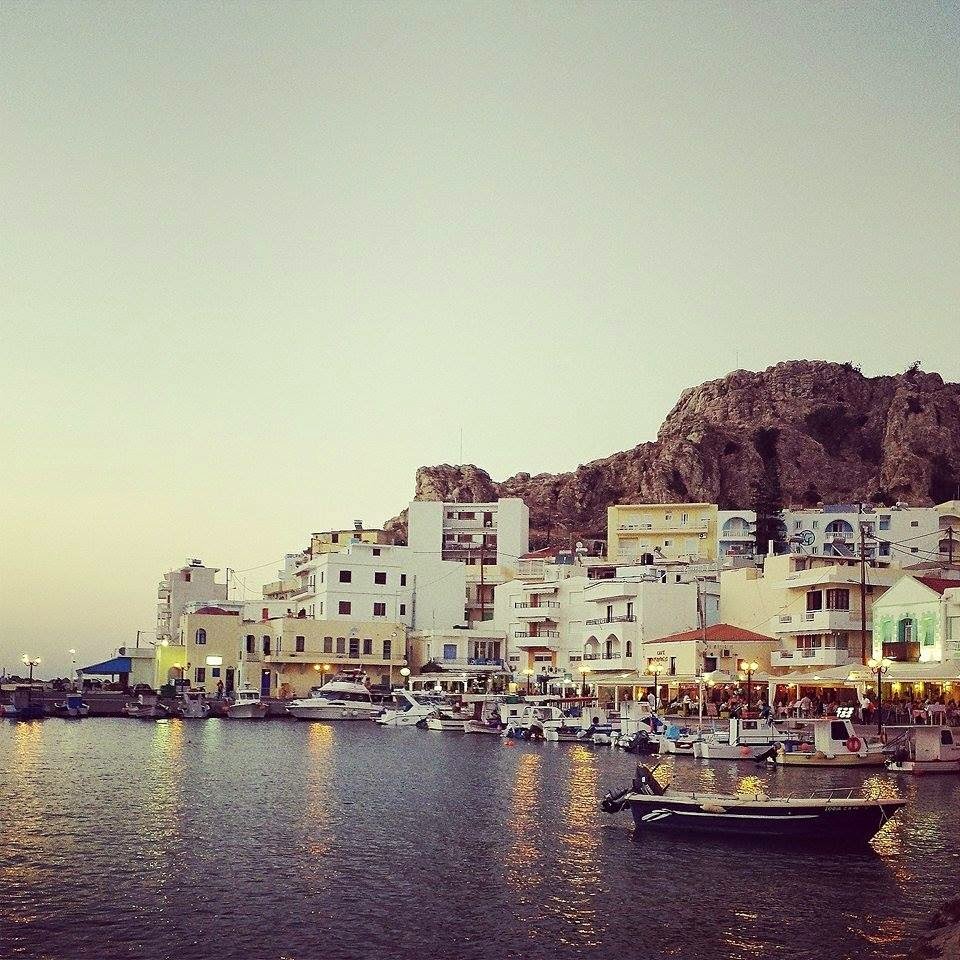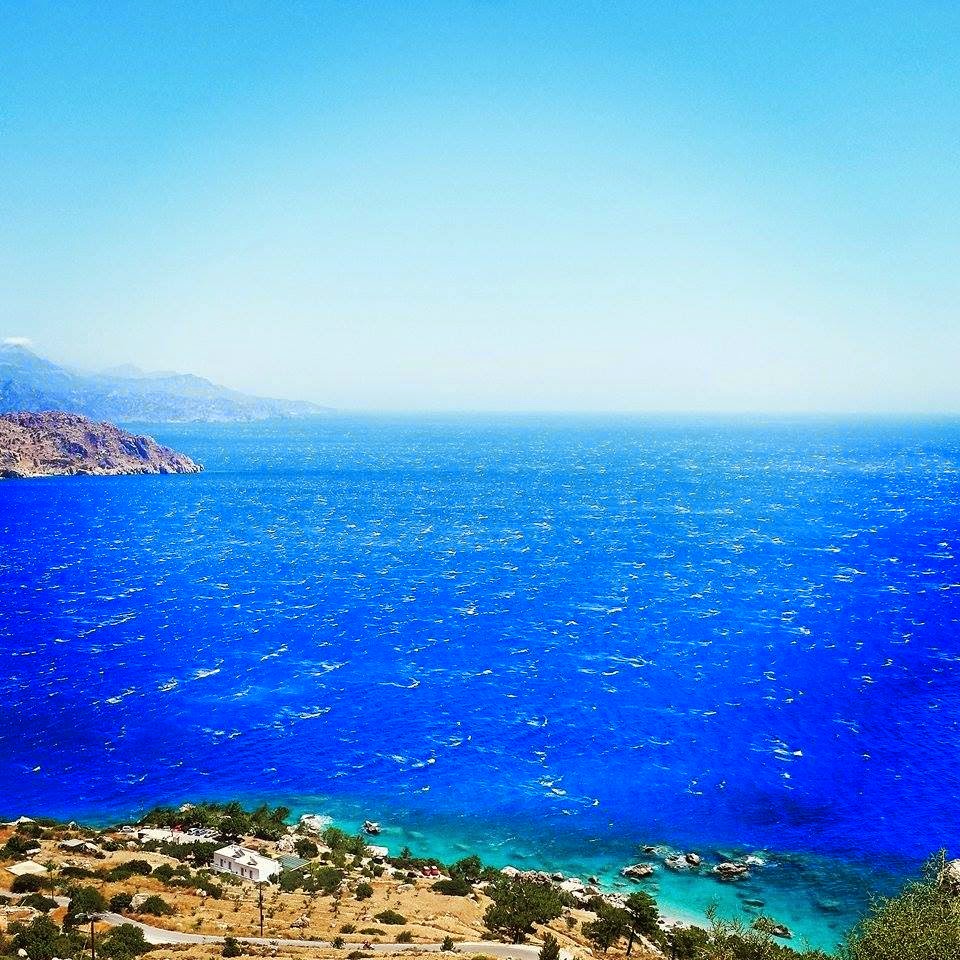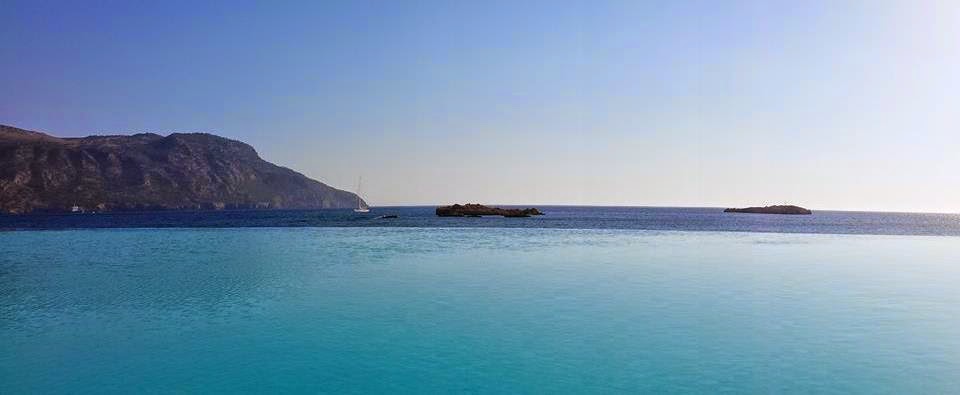So it's been a while since I last posted something. While contemplating my academic future and reminiscing about my experience at the University of London, I found this essay from my undergraduate studies. Reading it now, I am quite proud of it and I thought that it should see the light of day :)
Do classical
theorists have any relevance to the understanding of contemporary world
politics?
The academic
discipline of International relations emerged in the aftermath of the Great War
(1914-1918) out of the realization that knowledge and education are essential
prerequisites for a more peaceful world. Ever since, various theorists from
virtually every political tradition have looked to the past in an attempt to
discover timeless wisdoms and universal truths.
Any student of International Relations must be familiar with the basic
ideas of authors such as Thucydides, Machiavelli, Hobbes, Grotius and Kant, to
name but a few. The masterpieces of these thinkers have acquired a canonical
status in Western Political Philosophy. What these authors had to say will
remain relevant long after the academic debates of the present have been
superseded. Often their ideas are used to explain present-day concerns such as
the effect of anarchy upon the behavior of states, the role of law and morality
in the international arena, the effects of capitalism or the importance of
democracy and constitutionalism. However, classical ideas need to be understood
in their particular context as authors were living in specific, often unique
circumstances and they were addressing the problems of their historical reality.
Thus, although classical ideas have a lot to offer to the present world,
attempts to simply apply them to modern agendas may be misleading or even worse
– they may be serving particular interests.
One cannot attempt
to evaluate the resilience of classical ideas and their alleged “universal
truth”, without looking at the dominant theories of international relations
today and their roots. The present essay will analyze the two most influential
modern adversaries: Realism with its claim to embody timeless wisdom,
juxtaposed with Liberal ideas, which too are informed by pre-modern political
thought.
While Realism
emerged as an academic tradition within the IR discipline in the 1930s, its
greatest thinkers claim that the tradition has much older, in fact ancient
roots. This paradigm is defined by its profound skepticism of progress, hence Realist
thinkers look back to Ancient Greece and Renaissance Italy to find support for
their arguments. The world may have changed in important ways but the essential
characteristics remain the same: international politics are dominated by the
logic of anarchy, states are caught in a perpetual struggle for power in a
system where survival is never guaranteed and self-help is the only source of
security. Many contemporary realists would doubt whether a person from the 21st
century knows anything about international politics that Thucydides didn’t in
the 5th century BC.
Thucydides himself
wrote that his History of the Peloponnesian War, an account of the destructive war that engulfed the ancient Greek
city-states, will be a “possession for all time”[1]
(Thucydides., Warner and Finley, 1972). The Melian Dialogue (the dialogue between
Athenian representatives and the officials of the small island of Melos), for
instance, is often cited as an embodiment of realist principles: in a system
with no overarching authority to regulate behavior, “the strong do what they
have the power to do” and “the weak accept what they have to accept”. “The
standard of justice depends on equality of power” and “it is a general and
necessary law of nature to rule whatever one can”. The logic of anarchy compels
the Athenians to conquer the weaker Melians and hence - increase their own
security while displaying overwhelming power. “If one follows one’s interest
one wants to be safe, whereas the path of justice and honor involves one in
danger.” Neorealists claim that Thucydides’ History provides timeless
insights into the importance of global anarchy in shaping state relations.
Kenneth Waltz argues that it represents an early recognition of “the anarchic
character of international politics”, which “accounts for the striking sameness
of the quality of international life throughout millennia”[2]
(Waltz, 1979). The argument goes that in reading Thucydides one cannot help but
recognize a recurring pattern in the events of Ancient Greece and contemporary
world affairs. Structural realists such as Waltz and Gilpin found that the
Hellenic system and particularly the relationship between Athens and Sparta,
provided an allegory for Cold War polarization. As bipolarization proceeds (in
the language of contemporary theorists) the system becomes increasingly
unstable, so does the likelihood of a system-changing conflict[3]
(Gilpin, 1988). Just as anarchy compelled the Athenians to rule whatever they
can in the zero-sum competition for survival with Sparta, so too the US was
justified to intervene in Latin America, Africa and elsewhere during the Cold
War to destabilize regimes or to support brutal undemocratic rulers that
opposed communism, because a shift in their political allegiance risked to
upset the bipolar balance.
Similarly, Hobbes’s
state of nature is perceived as an analogy of neorealism’s anarchic world: a
world of insecurity, where the sovereigns have their weapons pointing at each
other perpetually (Hobbes and Gaskin 1998). Hobbes writes in a very turbulent
time- the English Civil War, which led him to believe that without sovereign
authority life is “solitary, nasty, brutish and short”[4].
On this account the state is the ultimate provider of security. Similarly,
Machiavelli advocates dual moral standards: lying, cheating and failing to
fulfill promises internationally is only justified because the state allows a
moral community to flourish internally[5]
(Brown, Nardin and Rengger, 2002). Those arguments resonate with contemporary
realist and neo-realist thought. Waltz, for instance, argues that the state is
indeed the most important actor in international politics. It provides order
and security domestically and despite the growing number of international
institutions, people still look to the state to solve problems and to provide
essential services[6] (Baylis
and Smith, 2001).
The problem here is that although the
aforementioned examples seem to confirm the surprising resilience of classical
arguments, this initial appearance may collapse should they be more closely
analyzed. The world today is hardly the cruel lawless system that existed in
pre-modern times. As much as realists would hate to admit, the international
society has evolved. Anarchy may still define international relations, in
the sense that there is no overarching global government, but there is an
elaborate system of global governance. The emergence and resilience of international
institutions seem to confirm that there is a place for morality and law in the
international arena. The ancient Greeks, for instance, had no equivalent of the
United Nations, the institution which is the sole source of legitimate authority
to wage war today[7] (Un.org,
2014). The international economy is regulated by extensive and powerful
institutions, which though based on international cooperation, have developed
their own identity and are eager to dominate their respective realms. Furthermore,
the global influence of private actors is unprecedented. The three main rating
agencies, Standard & Poor’s, Moody’s and Fitch, have been named key
enablers of the financial crisis of 2008, “from the fiasco of subprime mortgage
securitization to tipping Greece into disaster when its sovereign credit rating
was downgraded”[8] (Financial
Times, 2014). This clearly demonstrates that even the most powerful states have
lost economic autonomy and they often find themselves at the mercy of external
developments. The immense growth of international institutions is even more
evident when we depart from the governance of vital strategic interests and
analyze more trivial areas of daily life: from aviation to postal services,
each is governed by internationally agreed rules that no single state can
afford to alter or disregard. In this line of thought, the state is far from
being the only important actor in the international arena, governments
constantly compete for their share of influence with a variety of players and
it is against the logic of self-preservation to upset this fragile order.
It is not that international norms are always
respected- the Russian invasion of Crimea is perhaps the most painful recent
example. Nevertheless states generally like to appear to act legitimately and
they pay at least a lip service to international public opinion. In addition,
the nature of war has changed, the 21st century is marked by the
rise of terrorism where the ultimate aim is not territorial expansion but
rather the suffering of civilians. The unpredictability of terrorist intentions
has led to unprecedented surveillance of the private sphere and unlike
territorial integrity, internal security is never guaranteed. There are
developments in international relations such as development aid to states of no
strategic or economic interest, or humanitarian intervention to save lives of
strangers, that cannot easily be explained in terms of classical ideas. Furthermore,
recent history suggests that in many places the state is the main source of
insecurity rather than law and order. Failed states and murderous regimes such
as Somalia and Eritrea have kept their citizens hostage- something that would
perhaps come as a surprise to canon thinkers.
Realism is not the
sole paradigm to attempt to explain contemporary outcomes in terms of classical
ideas. Similarly, the English School of International society draws on the
ideas of Grotius about the role of morality and law in relations between
sovereign states. In this view “humanity
has the capacity to move beyond geopolitics to a condition in which all
communities can co-exist amicably without the threat or use of force”
(Linklater, 2010)[9].
On the other hand, Michael Doyle’s Democratic Peace thesis is a reincarnation
of Kantian beliefs that autocratic regimes are among the causes of war[10]
(Doyle, 1983). In this line of thought all states should be republics, based on
freedom for all members of society and equality before the law. The reason is
that “if the consent of the citizens is required to decide whether or not war
is to be declared, it is very natural that they will have great hesitation in
embarking in so dangerous an enterprise”[11]
(Brown, Nardin and Rengger, 2002). This belief is widely accepted within the
Western World. US foreign policy, for instance, constantly propagates the
importance of democracy. Presidents from Woodrow Wilson to Barack Obama have
expressed their belief that democracy is the path towards international peace
and prosperity. However the foreign policy of President George W. Bush stands
out as being intrinsically tied to liberal political theory. While US’s motives for attacking Iraq remain
controversial, "regime change -- the replacement of Saddam Hussein's
gruesome tyranny with a democracy -- was central to Washington's rhetoric by
the time it began bombing Baghdad in March 2003”[12]
(Foreign Affairs, 2009). This is a clear case of misinterpretation of liberal
ideas or even worse – their blatant abuse, as democratic peace theory does not
necessarily advocate forceful imposition of democracy. Clearly, timeless and
“universal” liberal principles are often employed for the justification of
breaches of international law and intervention in the internal affairs of states.
One has to accept that regardless of their appeal, liberal notions of
constitutionality, free trade and human rights lack universal legitimacy. We
need to proceed with caution and ask ourselves whether liberal norms are not
tailored to serving the interests of the powerful.
After a detailed
analysis one may admit that classical ideas contribute significantly to modern
political thought, learning from past triumphs and mistakes is invaluable when
these are not taken out of context. 17th and 18th century
liberal ideas seem all the more relevant in the era of globalization, with the
spread of belief in human rights, the importance of constitutionality and the
growth of international regimes serving to prove that perhaps there is no real
conflict in the interests of states. At the same time, realist insights are
still valid to a great extent. Despite the efforts to create a new world order,
we still live in an anarchic world. The failure of the collective security of
the League of Nations, the paralysis of the UN during the Cold War, the
inability to prevent the War on Terror, and to address the invasion of Crimea,
illustrate that we have come a long way but not long enough. States might be
unwilling to relinquish control of areas linked to national security and
survival however the growth of international institutions elsewhere proves that
history is a realm of progress, albeit a slow and painful one. Classical ideas can be applied to
contemporary debates but they need to be understood in their own terms and in
their own context first.
Last but no least, determining which writers
are candidates for canon is difficult because the criteria change on the basis
of current tendencies. The fact that virtually all of these writers are white
male Europeans might be regarded as a legitimate criticism. Classical authors
are indeed employed by contemporary theorists to articulate their position, the
historical record is searched by dominant political thinkers attempting to find
instances when authors from another place and time can be taken to be
responding to similar concerns. This could involve the selectivity in the use
of classical ideas, the emphasis upon some arguments and the marginalization of
others. The student of IR has to be aware that “theory is always for some one,
and for some purpose” to quote the famous line of Robert Cox (1981)[13].
Perhaps as the international society develops, there will be a shift away from
Eurocentrism and greater attention will be given to thinkers from the non-Western
world. Then we will be able to appreciate the fuller picture and move beyond
particularistic beliefs and interests.
[1]
Thucydides, Warner, R. and Finley, M. (1972). History
of the Peloponnesian War. Harmondsworth, Eng.: Penguin Books.
[2]
Waltz, K. (1979). Theory of international politics.
Reading, Mass.: Addison-Wesley Pub. Co.
[3]
Gilpin, R. (1988). The Theory of Hegemonic War. Journal of Interdisciplinary
History, 18(4).
[4]
Hobbes, T. and Gaskin, J. (1998). Leviathan.
Oxford: Oxford University Press.
[5]
Brown, C., Nardin, T. and Rengger, N. (2002). International
relations in political thought. Cambridge: Cambridge University Press..
[6]
Baylis, J. and Smith, S. (2001). The globalization of
world politics. Oxford: Oxford University Press.
[8]
Financial Times, (2014). Big three credit rating
agencies under fire - FT.com. [online] Available at: http://www.ft.com/intl/cms/s/0/4140e388-cfc1-11e3-9b2b-00144feabdc0.html#axzz3tS069MdX
[9]
Linklater A., (2010), The
English School Conception of International Society: Reflections on Western and
non-Western Perspectives, The International Studies Association of Ritsumeikan
University: Ritsumeikan Annual Review of International Studies, 2010. ISSN
1347-8214. Vol.9
[10]
Doyle M., (1983) Kant, Liberal Legacies, and Foreign Affairs, Blackwell
Publishing
[11]
Brown, C., Nardin, T. and Rengger, N. (2002). International
relations in political thought. Cambridge: Cambridge University Press
[12]
Foreign Affairs, (2009). Iraq and the Democratic
Peace. Available at: https://www.foreignaffairs.com/reviews/review-essay/2005-11-01/iraq-and-democratic-peace










































.jpg)






